The WordPress gremlins played up again last week, and the post I had written vanished into the ether. I think I’ve found the solution now, so fingers crossed for this weekend and beyond! Last week marked an important anniversary in the life of a man who played a central role in the Brontë story – so in today’s post we are looking at first person accounts of Arthur Bell Nicholls.
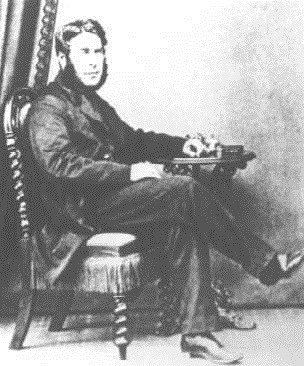
In my opinion, it is easy today to get a misleading picture of Arthur. We can see him as the man who led to the death of Charlotte Brontë – that’s certainly what her best friend Ellen Nussey thought. She laid the blame for Charlotte’s death squarely at Arthur’s feet, saying he should have known she was too frail to become a mother. In this unflinching letter to Clement Shorter, Ellen calls Arthur:
“The selfish man who certainly shortened C.B.’s life, none of the sisters liked him, least of all Emily, who probably saw deeper into character than C[harlotte] and A[nne].”
It is very sad, in my opinion, that the two people who were closest to Charlotte, Ellen and Arthur, should have had such enmity for each other and in the years following Charlotte’s death their mutual dislike and distrust only grew. We should not take Ellen’s view here as gospel, however, for in fact Arthur was very popular with the Haworth parishioners who grew to know him.
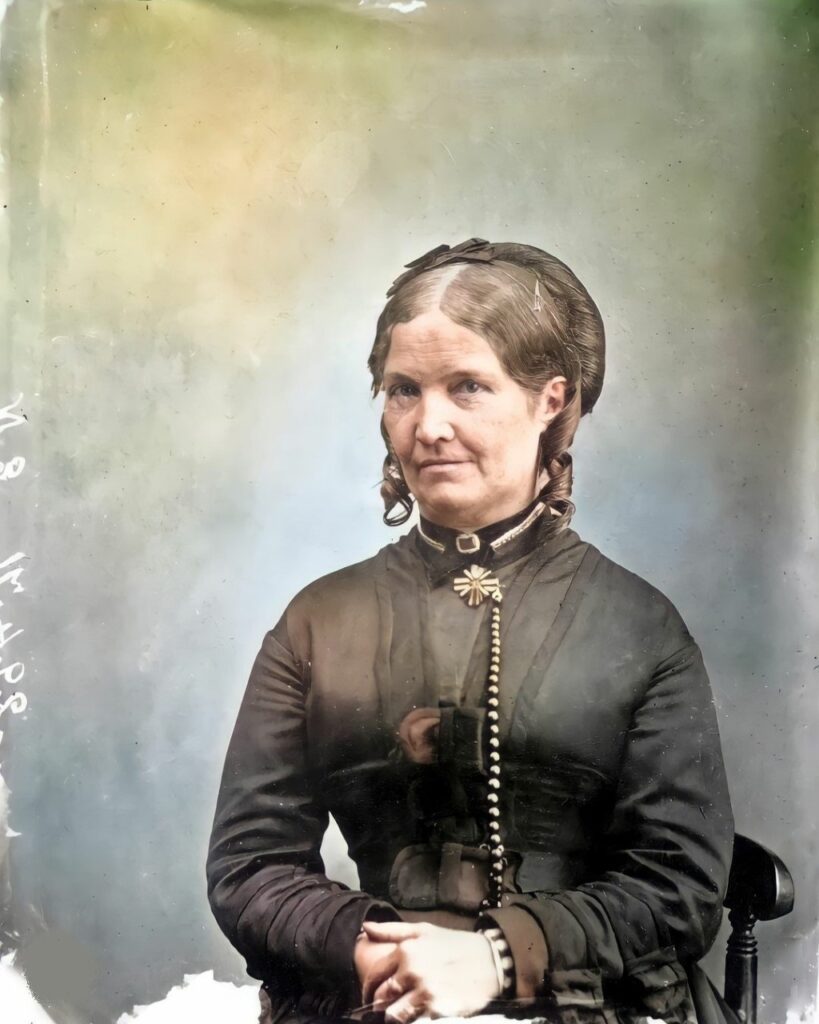
An example of this came with the conduct of long time Haworth Parsonage servant Martha Brown. Martha was the daughter of John Brown, who was the Haworth sexton and friend of Branwell Brontë. Martha entered service of the Brontë family at an early age and remained until the death of Patrick Brontë in 1861.
In December 1852 Arthur Bell Nicholls made his first proposal of marriage to Charlotte Brontë, but his heartfelt plea fell on stony ground. Charlotte rejected him, and her father (who was also his employer) Patrick was furious that this assistant curate should think himself a fair match for Charlotte Brontë. A month later, amidst a bitter aftermath, Charlotte wrote to Ellen saying: “I am sorry for one other person [Arthur] whom nobody pities but me. Martha is bitter against him: John Brown says he should like to shoot him.”
Martha then was bitter also at Arthur for having had the audacity to propose to Charlotte, but they later became firm friends – so much so that when the widowed Arthur left to start a new life in Ireland, Martha followed him and became a servant in his new home. Arthur’s great niece Marjorie Gallop recalled:
“Arthur had brought the faithful maid, Martha Brown, from Haworth, and the smell of her sponge cake was generally the first thing that met visitors at the door of that hospitable house. She had not lost her Yorkshire austerity in the more easygoing Irish atmosphere and once, when she found her master making up a four at whist, she exclaimed: ‘The minister playing cards! What would the people of Haworth say!”
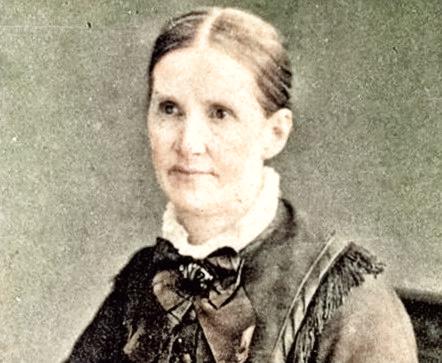
It is clear that Arthur has been popular not just with Martha Brown, but with the Haworth parishioners in general – a group of people not always easily pleased. After Patrick Brontë’s death in 1861, Arthur was a firm favourite amongst parishioners to succeed him as the parish curate. Indeed they gathered a petition after a service one Sunday, and within 24 hours it received over 500 signatures asking for him to be made minister. In spite of this the parish council, showing their traditional stubbornness, vetoed Arthur’s appointment. It seems that they wanted the parish to move away from its association with the Brontës – a decision which seems very shortsighted today, and more than cruel to Arthur.
Another measure of just how popular Arthur was with the Haworth Parishioners came seven years earlier. After Arthur’s rejection by Charlotte he left Haworth with the plan of becoming a missionary in Australia. During one of his final services Arthur broke down and stood there silent and motionless. Eventually he was led away from the pulpit with many of the congregation in tears. After his ‘final’ service on 25th May 1853 he was presented with this beautiful pocket watch. The inscription beneath its cover reads: “”Presented to the Revd. A. B. Nicholls by the teachers, scholars and congregation of St. MIchael’s Haworth Yorkshire May 25th 1853″
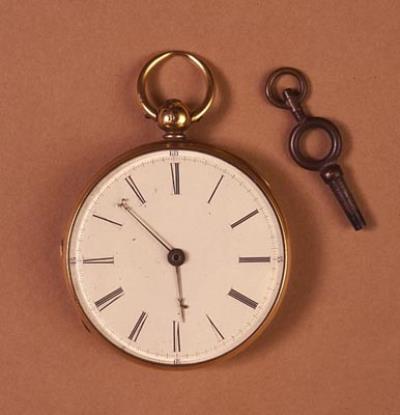
It is fitting that the watch was presented by the teachers and scholars of Haworth, for in fact Arthur Bell Nicholls was much more than simply the assistant curate to the parish priest – he was in charge of the Sunday school, of the church school which had been founded by Patrick Brontë, and he also trained promising local scholars to become teachers. One such scholar, who went on to have a long and successful career in education, was James Robinson. He had been training under Arthur when he learnt of his surprise wedding to Charlotte Brontë – it had been kept secret from all but a select few, and in fact James was one of only a handful of people present in the church for the ceremony. In 1913, as an old man, James gave an account of Charlotte and Arthur’s wedding, and he also paid this heartfelt tribute to his mentor:
“I never saw a man feel more than he [Arthur Bell Nicholls] did… no kinder-hearted man or one more anxious to see others improve their position in life, ever lived, and I myself – I might say scores besides – have him to thank for putting us in the way to make a way in life instead of remaining where we had been born, which was undoubtedly at one time one of the poorest places in England.”
As I said earlier, it is sad that a wide division grew between Arthur and Ellen Nussey after Charlotte’s death, so we should really discount their opinions on one another. Both Arthur and Ellen loved Charlotte greatly and were loved by Charlotte in return [even if that did take a little while to come to fruition in Arthur’s case.] Both worked tirelessly to protect the reputation of Charlotte Brontë after her death, but they could not work together. It seems clear to me that Arthur was a very kind man, who was treated shabbily by the parish elders of Haworth. Those who knew him, discounting Ellen, spoke universally of a large yet gentle man, an honourable man, and one who worked hard to improve the lives of the people around him.
Our thoughts now turn to Anne Brontë. Next week marks the 175th anniversary of her death, and on Tuesday I will bring you a special post to commemorate the occasion. If you are in Scarborough, Anne’s final resting place, then the newly formed Anne Brontë Association is holding a number of special events there to mark the occasion. From 2 until 3.30 Scarborough’s St. Mary’s Church is hosting a series of works celebrating Ann’s life, including, at 2.40, excerpts from a new play (by local poet and playwright Wendy Pratt) about Anne Brontë entitled ‘To Be Undone: The Last Days Of Anne Brontë’. From 4 until 5 on the 28th there is a special memorial service to Anne Brontë within the church. I wish I could have been there.
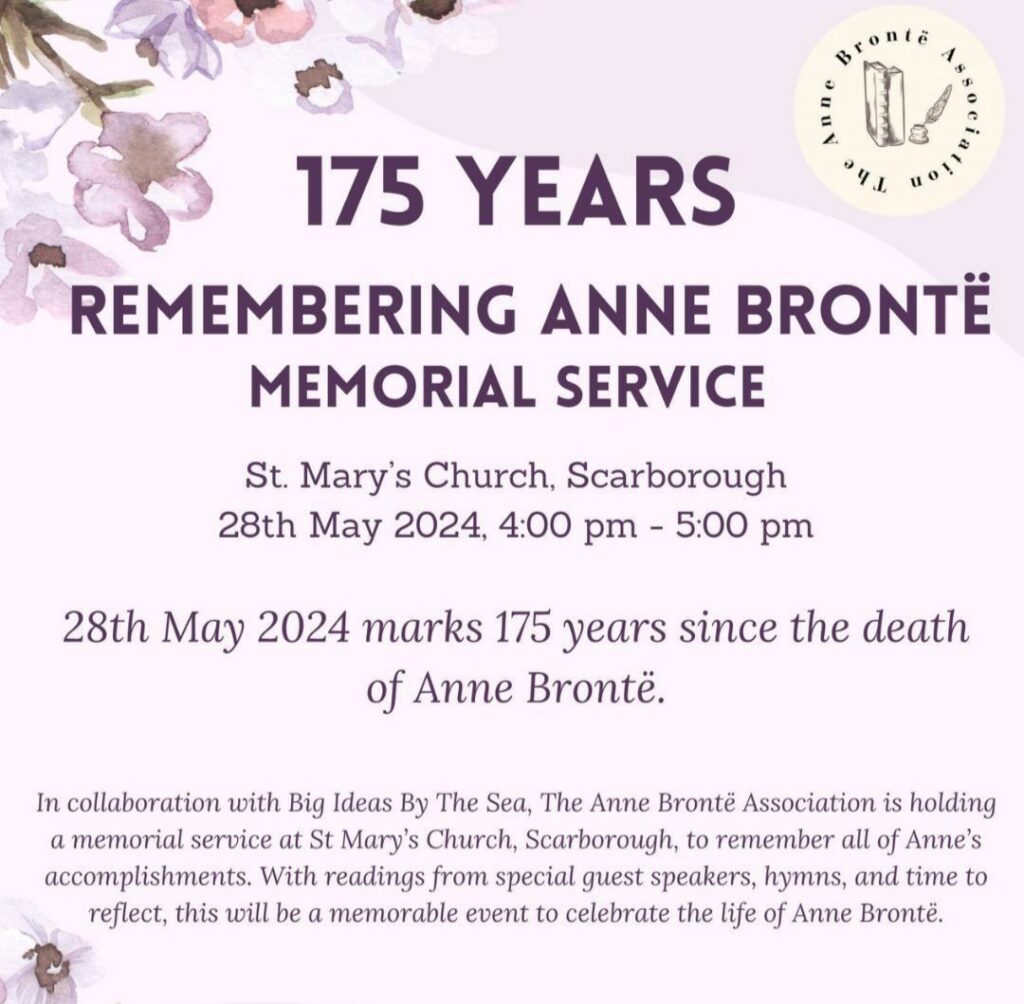
I can be there at another event to mark Anne Brontë’s life on 7th July. I’m thrilled to announce that I’m appearing at the Bradford Literary Festival alongside fellow Brontë biographer Adelle Hay and we’ll be talking all things Anne Brontë and Agnes Grey. You can find more information and buy tickets at this link: https://www.bradfordlitfest.co.uk/event/anne-Brontë-and-agnes-grey-parallels-of-resilience-and-reality
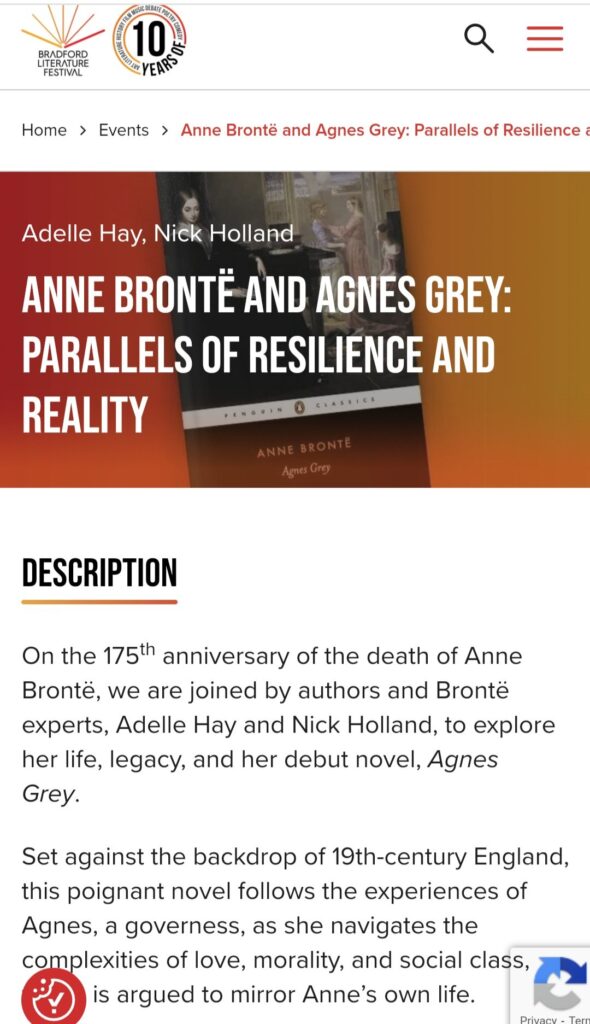
It would be lovely to see you there!
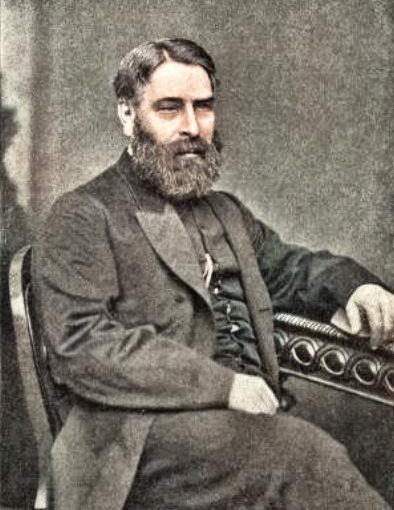
We are in beautiful Scarborough right now and I intend to take dear little Anne, as her father so rightly called her, some flowers when we visit. I wanted to bring some of our Emily Brontë roses, a yellow rose named Charlotte and a sugar pink one that would be so suitable for Anne but my husband said they would die before I could lay them on her grave. I hope to find something else.
I’ve often wondered whether Ellen Nussey was in love with Charlotte herself & so was jealous of Arthur Bell Nichols, as she probably would have been of any man that Charlotte was connected to romantically.
Some of the letters Charlotte wrote to Ellen certainly had romantic overtones, so her marriage at the late age of 38 must have been both a shock and a disappointment to Ellen who never married. It’s a shame that Ellen allowed her disappointment to show, her disparagement of Arthur was unfair and unkind, they both loved Charlotte but Ellen’s jealousy couldn’t accept the fact that Arthur made Charlotte happy.
I’ve often wondered that myself, we’ll never know for sure.
I have only just seen this in September 2024 though regrettably I doubt I could have been at the events. However, I should say that I have always thought Anne to have been a much better writer than Emily…